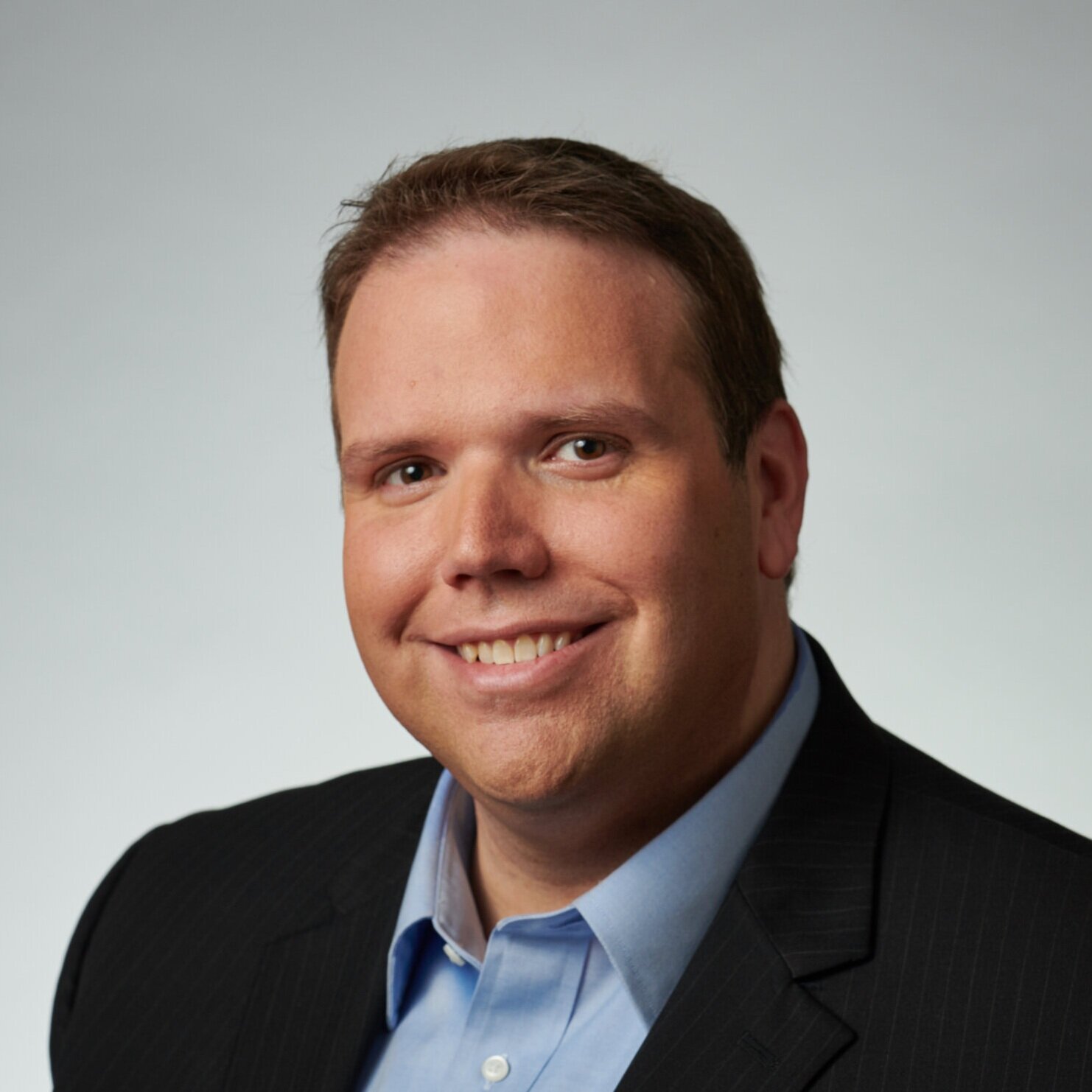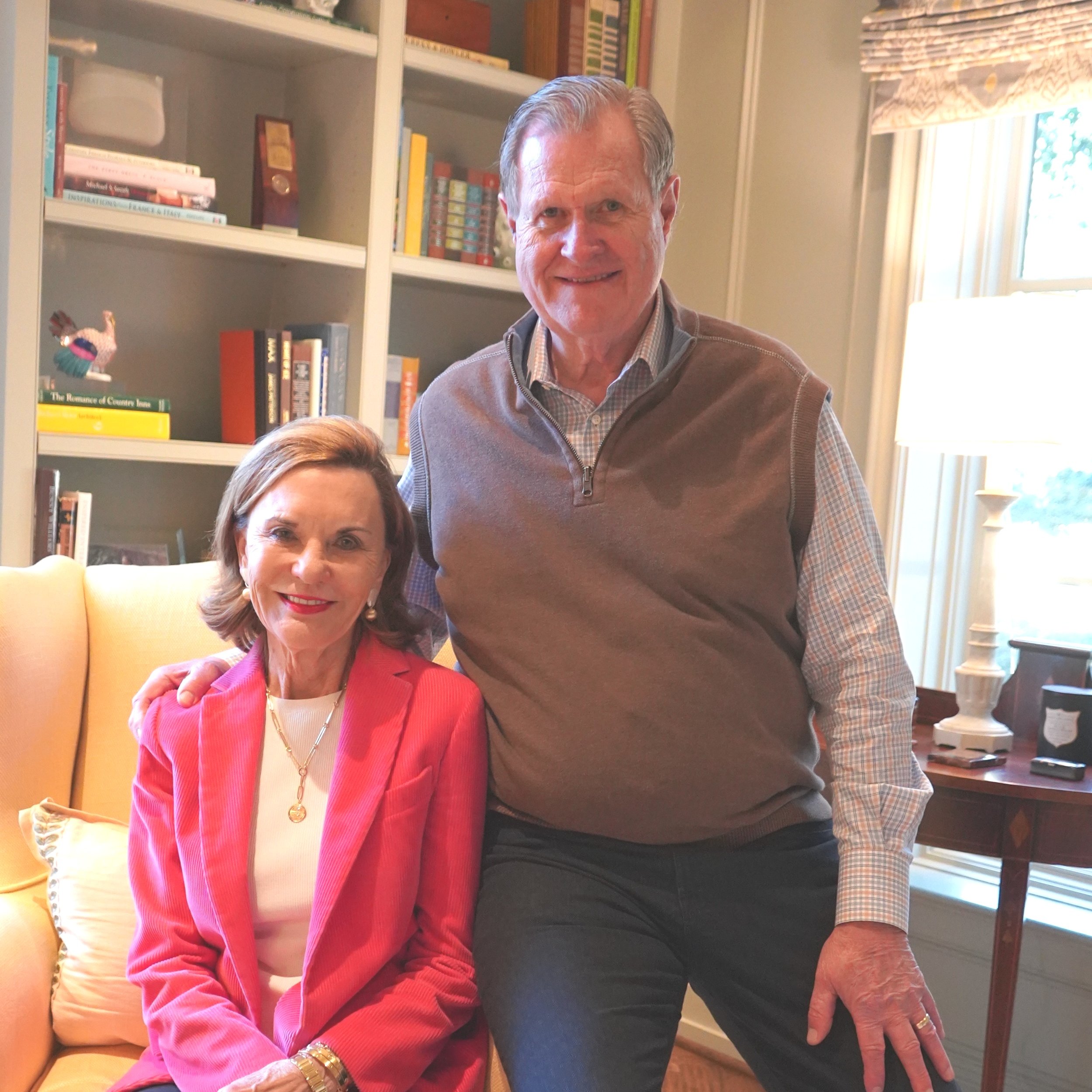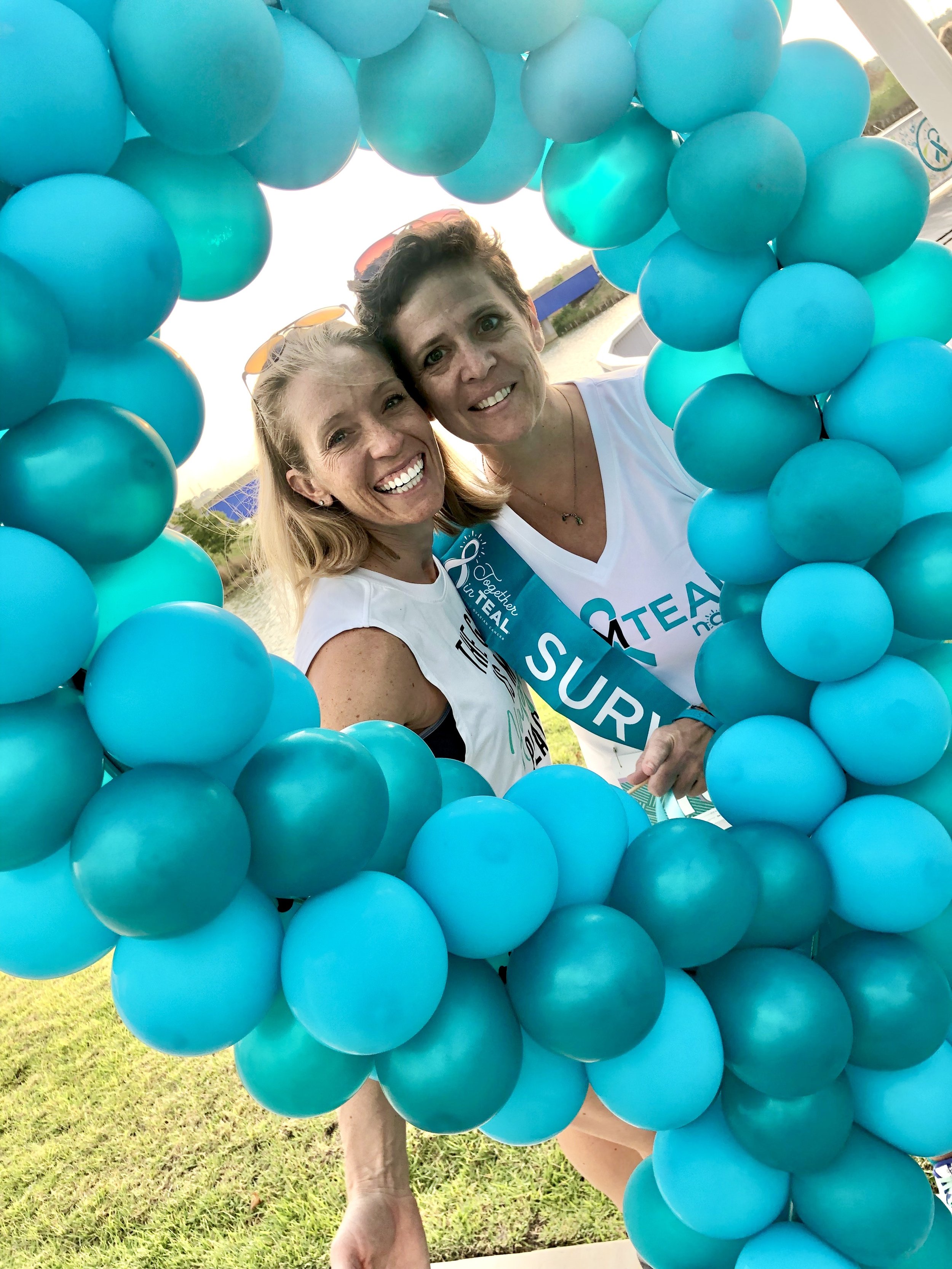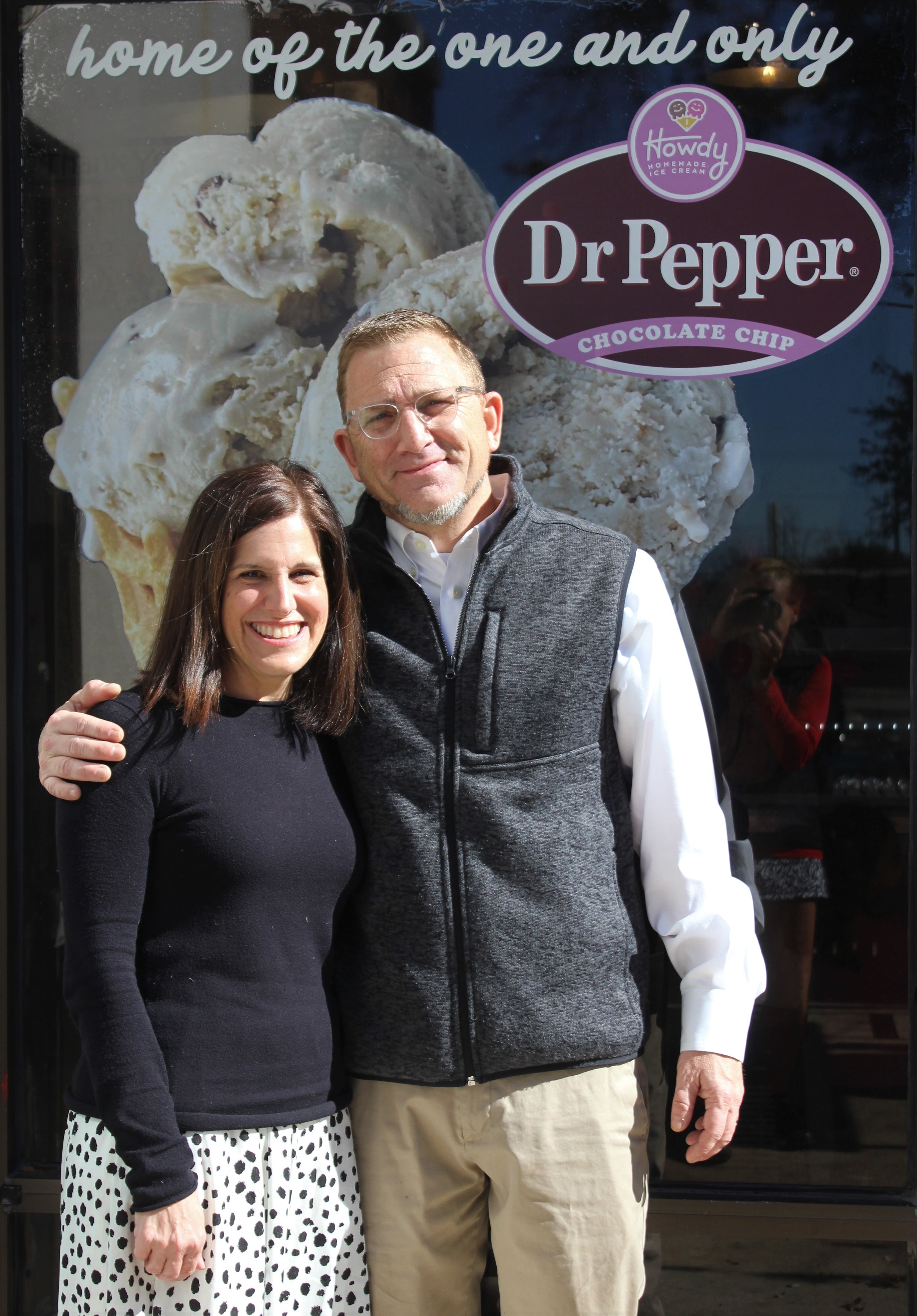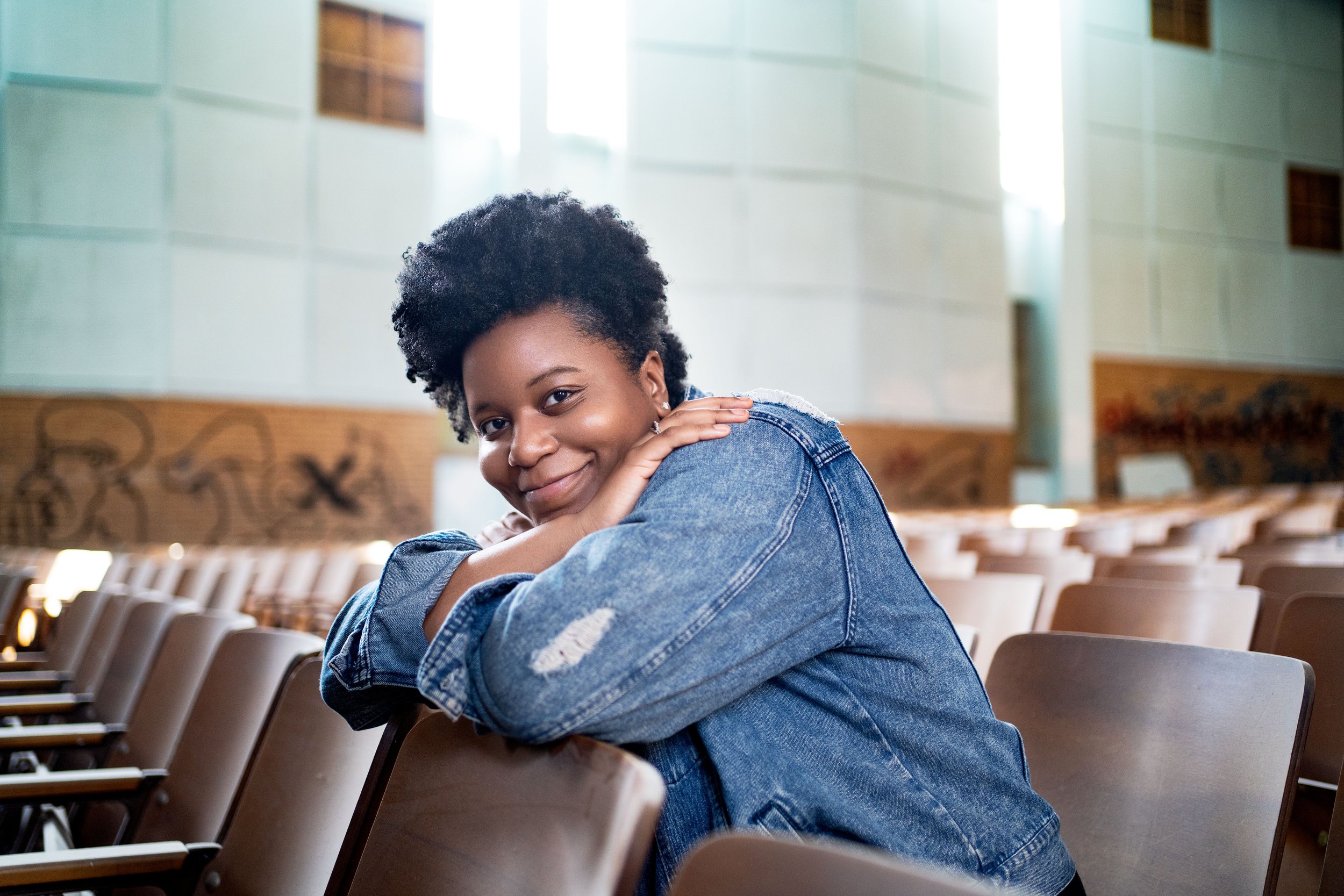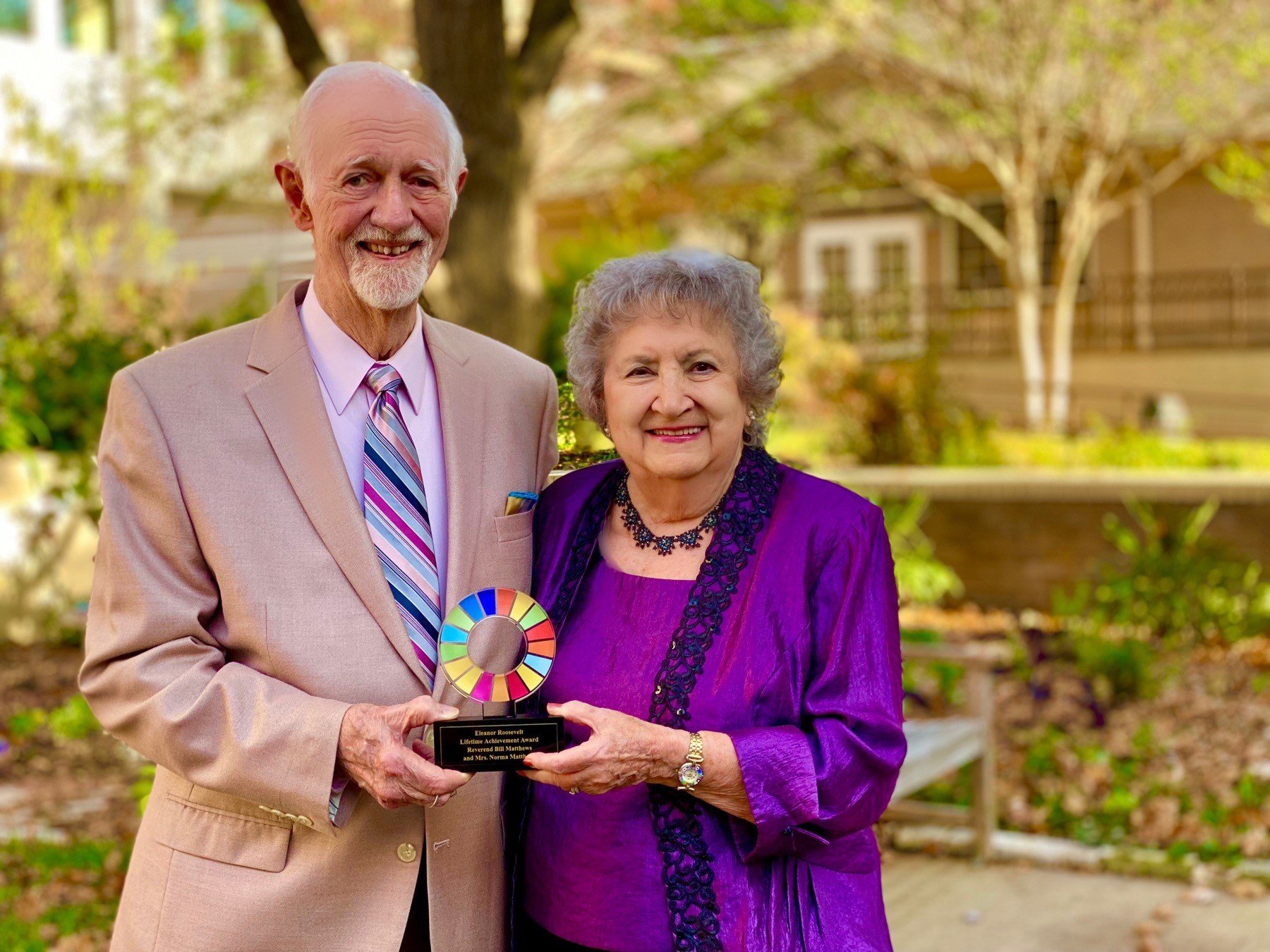Published February 3, 2021 at 3:10pm.
Story by Katie Kelton. Photos courtesy of Impact Ventures and The Dallas Foundation.
Several uncomfortable truths persist in the American investment industry: Social networks are segregated by race and gender. Prestigious education is limited to those with access. Unconscious bias affects investor decisions. And tech, venture capitalism, and entrepreneurship are not duly represented by women and people of color. Two Dallas philanthropists are on a mission to move the needle with a simple concept: equitable entrepreneurship.
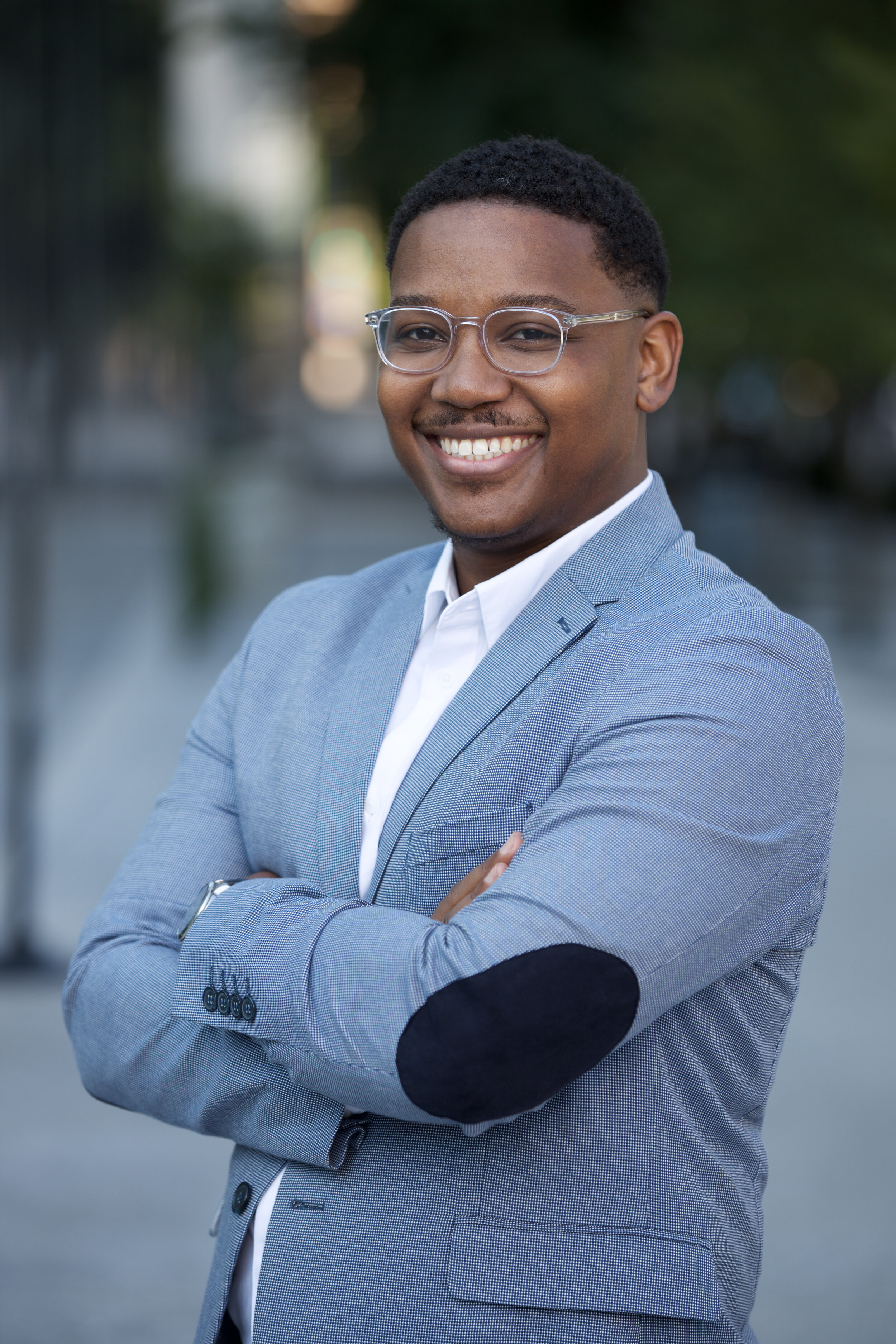
Benjamin Vann, Executive Director, Impact Ventures
Meet Benjamin Vann, who brings a robust background in finance and philanthropy to his role as Executive Director of Impact Ventures. After launching his career as a Financial Analyst at Fidelity, he migrated to the Fidelity Charitable wing to help manage the world’s largest donor advised fund. His appetite for charity led him to fundraise for a national nonprofit followed by a season of micro-finance lending to women in developing countries at a social impact startup.
Benjamin has seen capital move and flow from different vantage points, leading him to a profound vision of equitable entrepreneurship.
“In every one of those situations, the people that were on the receiving end of the capital didn’t look like me, and the people on the check-writing end didn’t look like me,” Benjamin observes. “I saw that as a challenge–how do I leverage my passion for finance and investing toward doing good and making a difference in the world?”
He goes on to say that in his family, you can go one of two directions: clergy or entrepreneurship. He chose both. “Working with entrepreneurs, helping them build economic independence, focusing on economic justice–that was my fight. So in a way I’m doing both; my pulpit just looks different.”
Benjamin founded Impact Ventures in 2017 with the belief that all communities possess genius, but not all people receive access to opportunity. The nonprofit empowers talented women and people of color to build generational wealth through inclusive entrepreneurship, community wealth building, and integrated capital.
Statistically, 64% of entrepreneurs in the United States are white and 56% are male. Systemically, people of color and women face inequitable access to entrepreneurship. Educational opportunities, professional networks, and financial capital are historically reserved for the white male upper class, leaving their marginalized counterparts to fend for themselves. Entrepreneurs enrolled in Impact Venture’s Accelerator program spend twelve weeks combating these hurdles.
“We take the business founders through a rigorous program that focuses on revenue growth and capital readiness,” Benjamin explains. In addition to reviewing an applicant’s business plan, the nonprofit also takes into account two important factors: the applicant’s identity, whether it be as Black, LGBTQ, female, their immigration status, or other perceived roadblock to scalability; and what the nonprofit calls distance traveled. Distance traveled refers to an applicant’s lived experience and how it may give them a unique advantage. Impact Ventures sees hardship, trauma, and overcoming as opportunities for strength rather than as weaknesses.
Once an entrepreneur is accepted into the program, they are paired with a mentor to launch a business assessment of eight categories, identifying three areas of focus and setting milestones for the following weeks. Entrepreneurs have access to 70 subject matter experts as well as technical assistance, corporate partners, and peer learning. In Benjamin’s words, a successful entrepreneur is coachable with a dash of humility. “The process is very humbling,” he laughs. “You learn how to articulate your pitch to investors and use common language in spaces where you’re intimidated or the investor has the upper hand.”
And the program works—the 15 entrepreneurs in Impact Venture’s first cohort have raised over half a million dollars in capital and created 46 jobs. The 29 entrepreneurs in the current program are on track to generate even more.
Benjamin’s qualifications make him a fearless leader for Impact Ventures’ graduated and upcoming entrepreneurs. He also relates to the students on a personal level–as a member of an underrepresented demographic navigating a historically white-led sector.
“The nonprofit industry is very relationship-driven,” he shares. “As a Black nonprofit leader, I don’t always have access to those–I don’t come from wealth. And we don’t have the luxury of failing. The work that I’m doing, I only get one shot to do this work.”
A digital event with Impact Ventures in 2020.
The Dallas Foundation Pegasus Prize, a $50,000 grant awarded to Impact Ventures in December, will advance Benjamin and his team’s efforts to provide tangible, risk capital for entrepreneurs. The grant was created to support innovative approaches to addressing community needs. As a disruptive force in equitable economics, Impact Ventures was a standout candidate.
The Dallas Foundation proudly bears the title of first community foundation in Texas and invested 66 million grant dollars in 2020 alone. The vision has always been to bring together people, ideas, and investments in Greater Dallas so individuals and families can reach their full potential. With Matthew Randazzo appointed as new CEO in 2018, the giant ship continues to steer purposefully through the massive waves of Dallas philanthropy.
Matthew Randazzo, President and CEO, The Dallas Foundation
Matthew Randazzo is no stranger to tenacity. Born in Detroit, Matthew’s family suffered nearly every plight of poverty; including housing insecurity, addiction, and domestic violence. He narrowly dodged the foster care system by being transferred to the care of a grandparent. As a young adult, he launched his career by managing political campaigns in West Texas before earning his Master’s degree from the University of Texas. He determinedly advocated for civic, K-12, and higher education before being tapped to lead the National Math and Science Initiative alongside the Obama administration. With the goal of advancing STEM education to ensure all students thrive and reach their highest potential, Matthew scaled the initiative year-over-year by 800%. He has proved more than capable of bolstering good work.
“I think my lived experiences have really shaped every bit of how I’ve leveraged my professional career,” he considers. “How do we help bring opportunity and close access gaps to people living in poverty?”
When Matthew was contacted by The Dallas Foundation about the leadership position, he eyed his young son and working wife and decided he could make an impact a little closer to home. No longer traveling the country leading a national organization, Matthew began his new job by seeking an education on the heartbeat of Dallas. “I wanted to ensure that my learning was not just coming from those with influence and political capital, but that I was hearing from people who are in the community doing the work day to day,” he explains.
His method of engagement not only flows outward, it flows inward. For as much time spent sitting and listening in community spaces, he also makes it a priority to invite community members into the Foundation’s boardroom. “I want folks to be in the big, cushy chairs where decisions are made,” Matthew grins. Since he took over the helm, The Dallas Foundation has increased the Board of Governors’ diversity in ethnicity and age to better reflect the city.
His vision for Dallas philanthropy is that we continue to come together the way we have in response to the COVID-19 pandemic. “I think Dallas is a kickass town that likes to grapple with big challenges,” Matthew declares. “We like to do good and do it well. My hope is that we can be courageous enough to acknowledge a few of the shameful statistics and act in unison to address them.”
With decision-makers like Matthew inviting change agents like Benjamin to make equitable use of Dallas dollars, the city’s future looks bright. You can join the movement by becoming a sponsor, mentor, or donor at Impact Ventures today.
Featured
Katie is a freelance writer and nonprofit digital storyteller for a myriad of causes, including youth mentoring, local community development, and global clean water solutions. She spends most waking hours typing furiously in coffee shops, organizing her bookshelf, heading outdoors, and cramming all her friends into one space.
More Good Stories
Featured
When Kathy and Larry Helm heard about The Senior Source’s 60th Birthday Diamond Dance-Off, they knew they had to put on their dancing shoes! For the Helms, this event combined two of their passions into one. Celebrating and supporting The Senior Source, a Dallas-area nonprofit that has been serving older adults for 60 years, and dancing together, which they have been doing since they were high school sweethearts. Both Kathy and Larry have chaired the board of directors of The Senior Source and have been proud supporters since 1998. It seemed only fitting they should be voted into the finals to dance on stage at Klyde Warren Park this past summer.
In 2020, more than 912,000 women were diagnosed with some form of cancer in the United States alone. During that same pandemic year, countless medical appointments were canceled while people were social distancing, and yet still each day nearly 2,500 women heard the news, “you have cancer.” There is no doubt that these words can be crushing to hear, but what’s equally crushing is the lack of tangible, encouraging support that exists to help women feel beautiful, strong or “normal” before, during and after cancer treatment.
When Tom Landis opened the doors to Howdy Homemade in 2015, he didn’t have a business plan. He had a people plan. And by creating a space where teens and adults with disabilities can find meaningful employment, he is impacting lives throughout our community and challenging business leaders to become more inclusive in their hiring practices.
Have you ever met someone with great energy and just inspired you to be a better you? Nitashia Johnson is a creator who believes by showing the love and beauty in the world it will be contagious and make an impact. She is an encourager and knows what “never give up” means. Nitashia is a multimedia artist who works in photography, video, visual arts and graphic design. Her spirit for art and teaching is abundant and the city of Dallas is fortunate to have her in the community.
The United Nations Association Dallas Chapter (DUNA) honored Rev. Bill and Norma Matthews for their ongoing commitment, helping advance the United Nations Sustainable Development Goals agenda by promoting peace and well-being.
![VIP Kickoff-53[5].jpg](https://images.squarespace-cdn.com/content/v1/58478915b3db2bd5fdfebe39/1612384488782-S5F7LBV7CDNE680C3L9K/VIP+Kickoff-53%5B5%5D.jpg)

